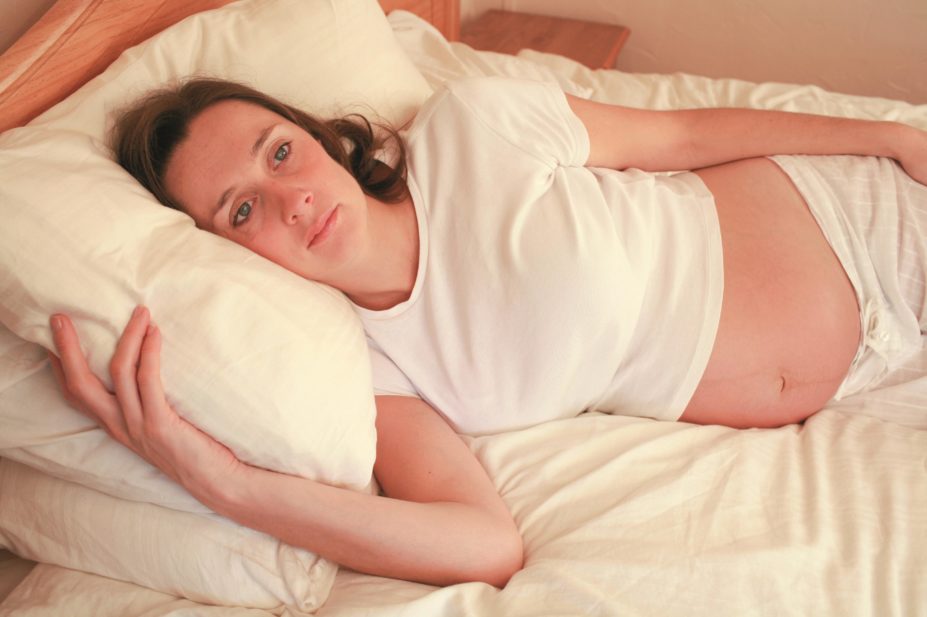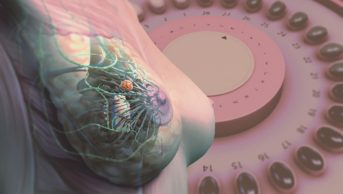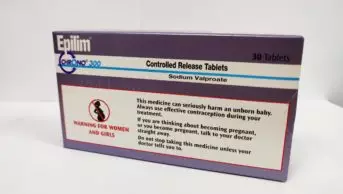
Nic Cleave / Alamy
A woman with a history of mental health problems should receive additional support before, during and after her pregnancy, according to guidance issued by the National Institute for Health and Care Excellence (NICE)[1]
.
The updated national guidelines for the clinical management of antenatal and postnatal mental health are designed to help prescribers “contextualise” their decisions, according to Louise Howard, professor of women’s health at King’s College London and chairwoman of the group that developed them.
“The context of the decision is everything – the need to work with the patient and to consider the individual woman’s best interests,” she says. “On balance, when one is thinking about the risks and balances, the right approach for her might be to continue the medication.”
The NICE guideline, which replaces the advice published in 2007, includes a raft of recommendations about medicines management and drug choices.
In a change to the 2007 guideline, NICE now says that valproate should never be prescribed to treat acute or long-term mental health problems in women of childbearing age since alternatives are available.
NICE also warns prescribers to take into account the reproductive safety of tricyclic antidepressants, selective serotonin reuptake inhibitors (SSRIs) or serotonin-noradrenaline reuptake inhibitors (SNRIs) prescribed during pregnancy and the uncertainty about whether there is any increased risk to the foetus.
Prescribers should choose a drug that poses the least risk, and use the lowest possible dose.
New specific drug recommendations include the need to check lamotrigine levels frequently – including during postnatal care – because the levels “vary substantially” at these times.
Lithium should not be offered to women who are planning a pregnancy or who are pregnant, unless antipsychotic medication has not been effective, according to the guideline. If lithium is offered then the potential risks to the foetus should be made clear to the woman, it says.
Howard believes the accompanying advice for patients will help women ask the right questions about their mental health management.
“The issue for patients is what works best for them as an individual,” she says.


